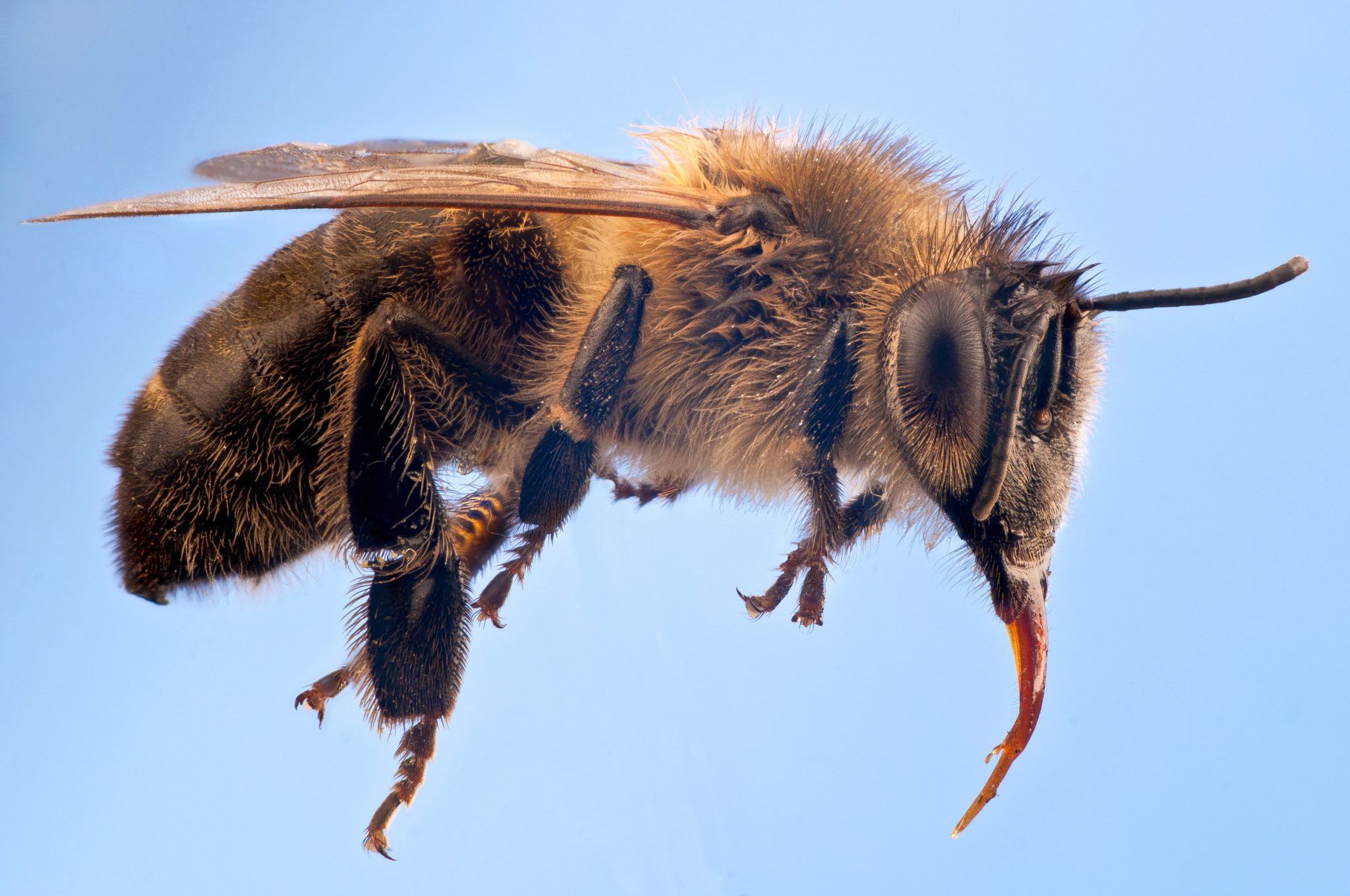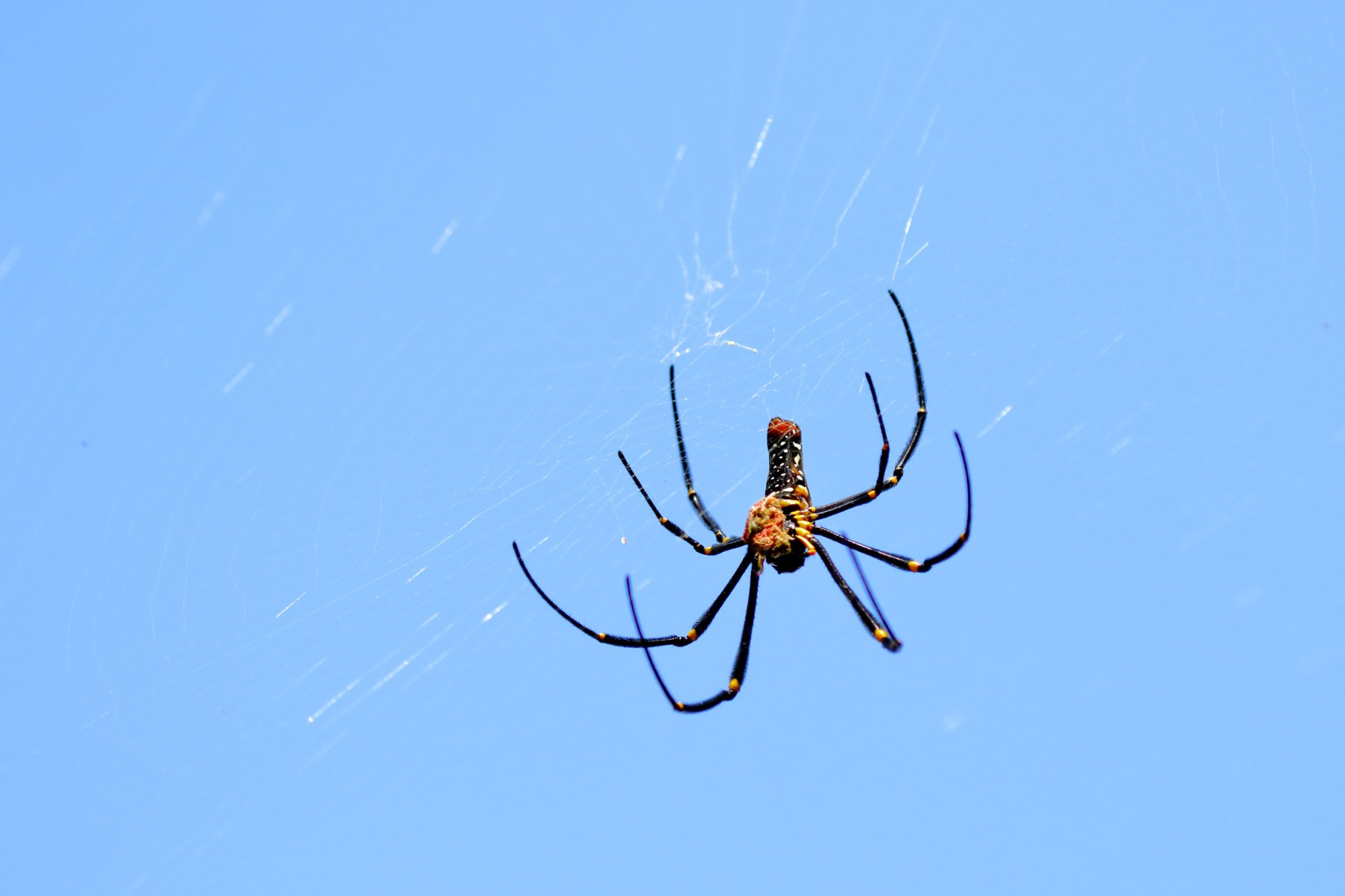In the early 2000s, psychology professor Peter Coleman of Columbia University established The Difficult Conversations Lab to study deeply rooted, complicated and hard-to-solve conflicts. He wanted to understand why conflicts in families, communities, and in the international arena get stuck in a destructive pattern. The lab has held several hundreds of intense conversations to study the conditions under which the conversations go well, or well enough, whether the participants continue to speak with each other, and where they stop the conversations out of frustration.
Contrary to expectations, however, these conversations do not always go sour and are sometimes constructive. It is not that participants are solving the issues themselves, but they are creating the space to learn something about themselves, the issue, and other viewpoints. The conclusions that the lab has reached so far depend on the complexity of the conversation. The conversations that were less constructive were the ones where participants began to think of the issues they were discussing in simplistic terms: wrong or right, truth or lie, good or bad. In contrast, the more productive conversations were where the participants thought through the process of the conversation and had more complex discussions.
Take the argument surrounding abortion, for example. When the researchers presented it has anti-choice or pro-choice, people are prepared to argue and little is achieved. However, if the same information is taken and presented as a variety of related but complicated sub-issues, then people feel, think, and behave differently because there is more to process. The participants don’t get bogged down with feelings of contempt for the others, and learn from the experience.
In short, difficult conversations can actually be a good thing. For all of us, what we can take away from the research is that when polarizing issues are framed in a constructive way, it can help us understand each other’s views even if we don’t agree.










